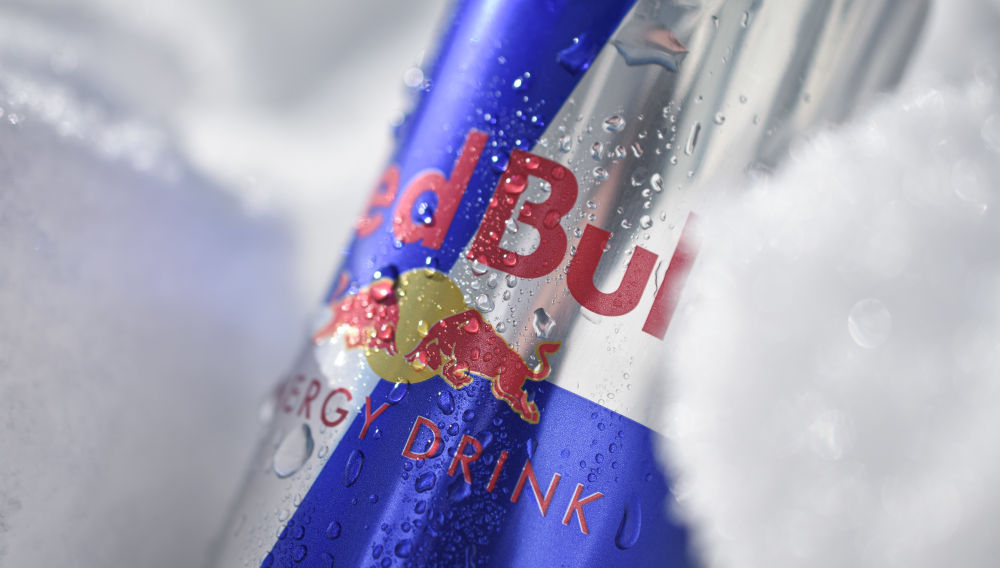UK gin maker Bullards wins in trademark dispute with Red Bull
United Kingdom | It was an expensive victory for the small artisanal gin maker Bullards. It had to spend GBP 30,000 (USD 34,000) in legal fees to fend off the energy drinks behemoth Red Bull, over claims that the word “bull” in Bullards’ name could cause confusion.
The distiller from Norwich, which has about ten staff, had received a letter in September 2021 from lawyers acting for Red Bull, opposing its application to register Bullards as a trademark. The letter claimed there was a “likelihood of confusion on behalf of the public” as both brand names include the term “bull”.
David versus Goliath
Red Bull asked Bullards to delete a series of goods and services from its trademark application and registration, including energy drinks, events, and soft drinks. Russell Evans, the founder of Bullards distillery, told media that some people had advised him to do as Red Bull asked, as they have “deeper pockets than us”.
“But it just seemed wrong to just cave in to the goliaths, so we decided to take a stance and I’m glad we did,” he was quoted as saying. A hearing ruled that Red Bull’s opposition to the trademark application was unfounded, with its decision published on 28 October.
The Bullards brands is all that is left of a brewery which was founded in 1837 by Richard Bullard, making beer and importing wine and spirits. The brewery was taken over by Watneys, another brewer, in 1963. The Bullards name was revived by Mr Evans in 2015, with the company focusing on gin.
He said that Bullards does not want to make energy drinks, but Red Bull “also wanted us to not do soft drinks, which we do, and they also wanted us to stop doing events, which is ridiculous”.
Red Bull’s search for a new CEO
Red Bull was launched in 1987 and its spectacular growth is widely attributed to the marketing genius of its late CEO, the Austrian-born Dietrich Mateschitz. He passed away on 22 October, aged 78. His personal wealth is estimated at USD 27 billion by Forbes.
Many suspected that the search for a successor as CEO could be difficult. Mr Mateschitz had not only hiked Red Bull’s sales to nearly 10 billion cans in 2021, while expanding turnover to almost EUR 8 billion (USD 7.9 billion), he also built – think content marketing – an empire of sports teams and media houses around Red Bull to boost the brand.
The firm has more than 100 subsidiaries and employs some 13,000 people, although production and logistics of the energy drink have always been outsourced.
Red Bull’s Thai connections
Red Bull is co-owned by the second-wealthiest Thai family Yoovidhya (51 percent) and Mr Mateschitz (49 percent). Observers opined that the new CEO will be an outsider, as Mr Mateschitz’ son, Mark, was deemed too young (he is only 30 years old) and the current whereabouts of the Yoovidhya family’s heir apparent, Vorayuth Yoovidhya, are unknown. He fled Thailand in 2017 after a fatal hit-and-run incident in Bangkok in 2012, which killed a policeman.
Finally, two weeks after Mr Mateschitz’ death, his son sent a letter to employees on 4 November, saying that Red Bull will henceforth be led by a board of directors. There will be separate heads of the beverage operations and of “projects and investments” (racing, sports, and media). The head of Red Bull’s global sales, Franz Watzlawick, will be CEO for beverages, with Oliver Mintzlaff CEO, who used to manage Red Bull’s German soccer club RB Leipzig, for projects and investments. Alexander Kirchmayr will act as CFO.
Keywords
United Kingdom lawsuits company news distillers
Authors
Ina Verstl
Source
BRAUWELT International 2022

